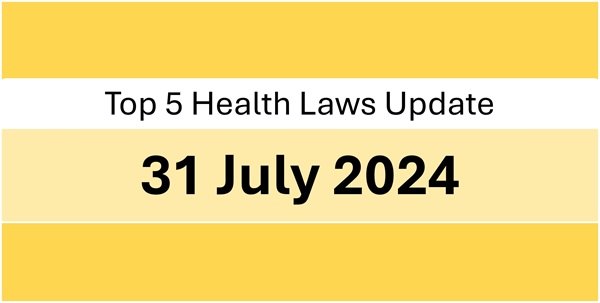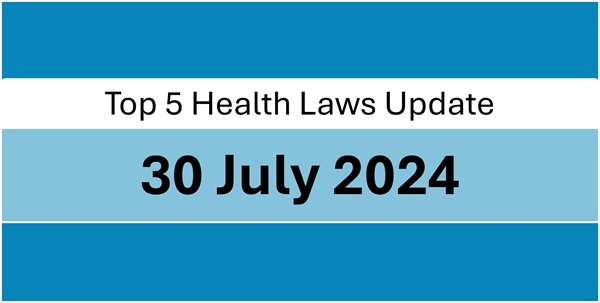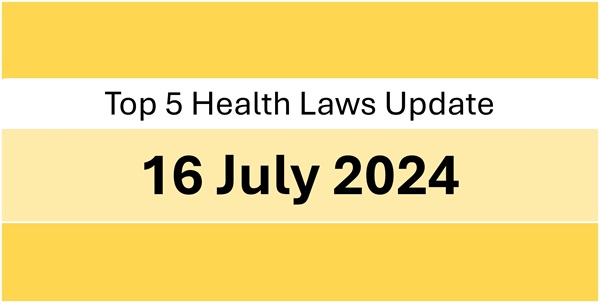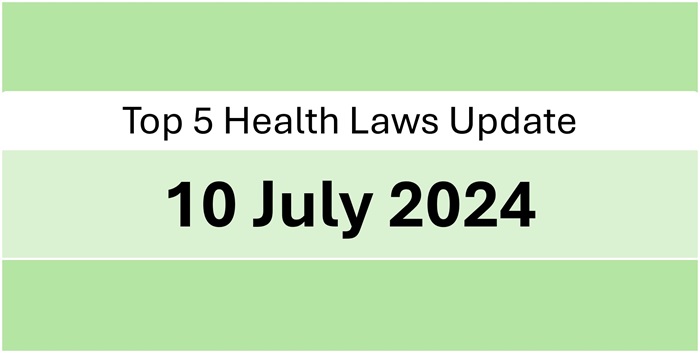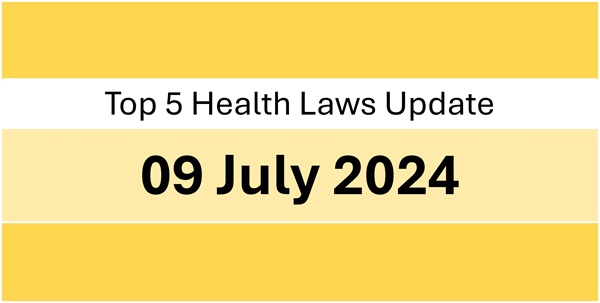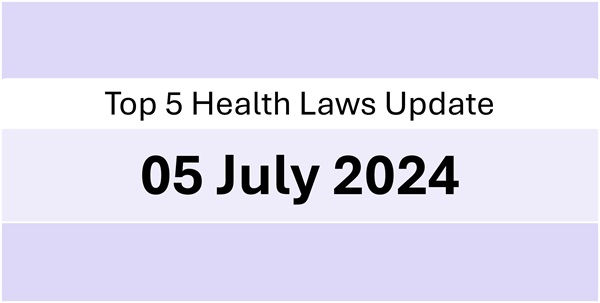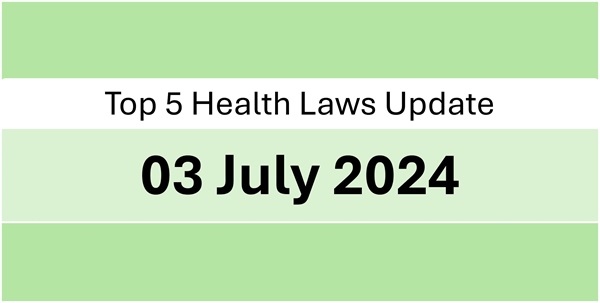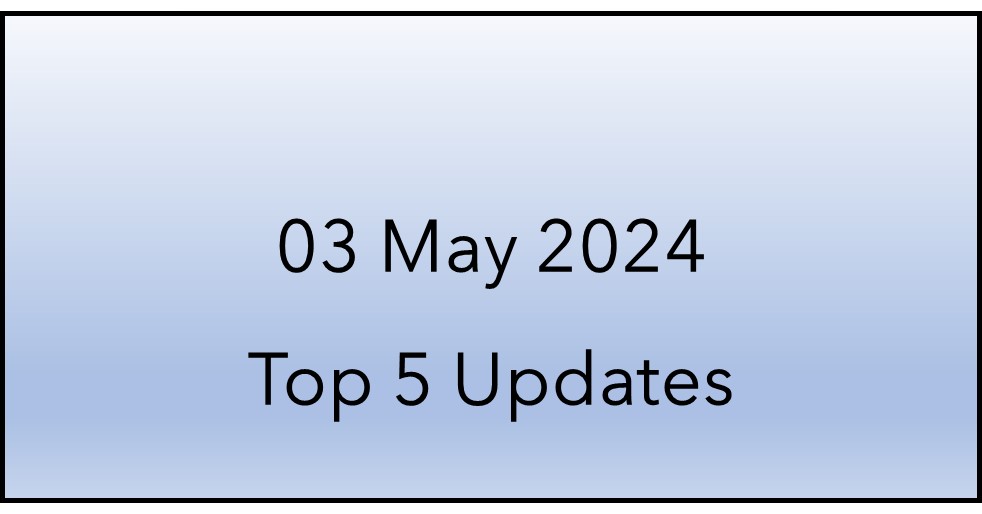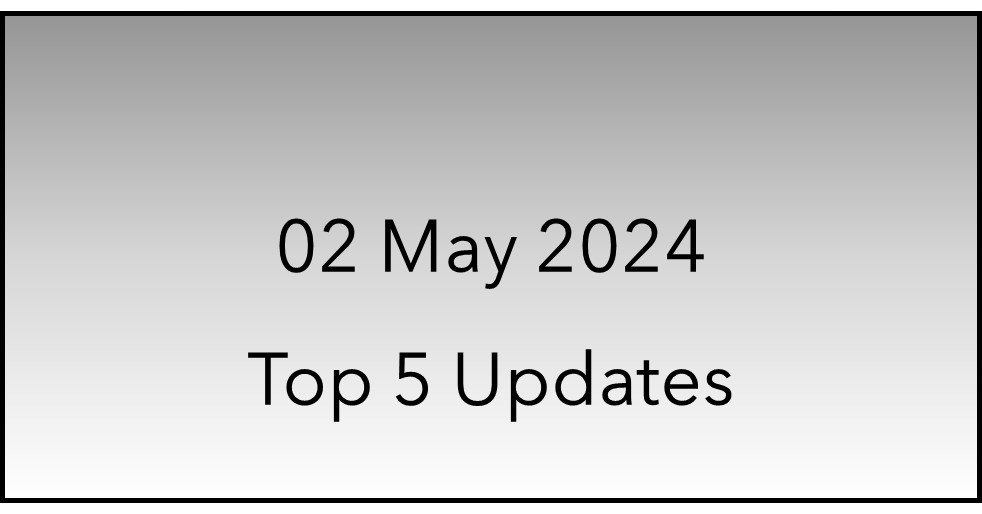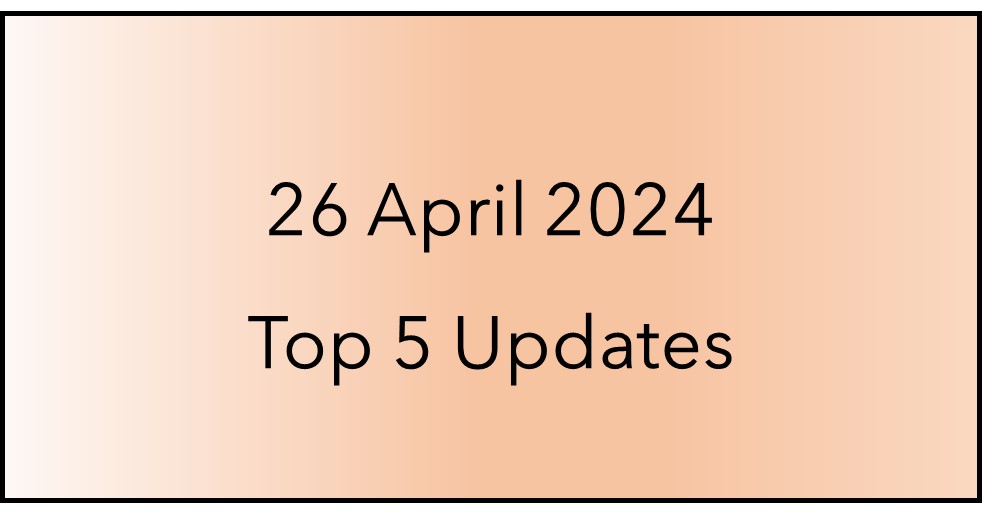Dear Reader, we are happy to share the most interesting legal and policy updates concerning health industry that we read today. We hope you enjoy reading it.
1. The Supreme Court, while hearing the Patanjali case on misleading advertisements, has asked the Union of India to respond to a question about whether the clinical trial rules for AYUSH drugs have been diluted, particularly in the context of new indications. The amicus for the Court while presenting the matter proposed strict measures for regulating misleading advertisements, such as the effective use of existing penalty mechanisms, prior approval of ads before issuance of licenses, effective inter-state cooperation, and a tie-up between the GoI and ASCI to address complaints.
Source: bit.ly/4d21OSv
2. The Supreme Court while hearing a petition filed by the Indian Medical Association (IMA) challenging Patanjali Ayurved’s misleading advertisements has directed the Ministry of Ayush to create a centralised dashboard where citizens across the country can access information about the action taken in response to their complaints.
Source: bit.ly/4d35inT
3. The Department of Pharmaceuticals (DoP) has extended the deadline for filing a self-declaration under the Uniform Code for Pharmaceutical Marketing Practices, 2024 (UCPMP) to August 31st, 2024. The prior date for filing the self-declaration was July 31st, 2024.
Source: bit.ly/3LLmm5R
4. The Consumer Product Safety Commission (CPSC) in the United States has reportedly placed responsibility on large e-commerce companies for the sale of dangerous third-party products on its platforms, issuing a directive covering more than 400,000 products that violated flammability standards.
Source: bit.ly/3YtFwom
5. The US Food and Drug Administration (USFDA) warned several giant online retailers about selling unapproved chemical peel skin products and asked them to immediately stop marketing them as they could potentially harm customers. The USFDA issued the directive after determining that the items in question included chemicals in high amounts that necessitated medical care.
Source: bit.ly/4caYQJY

